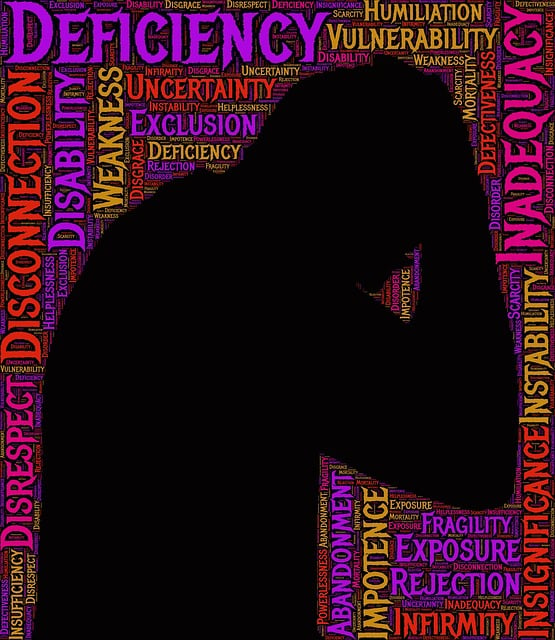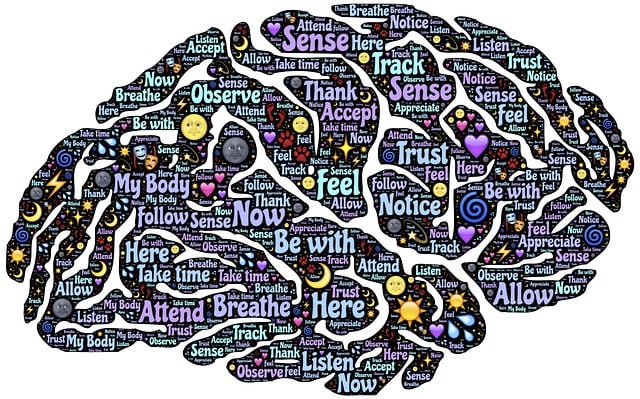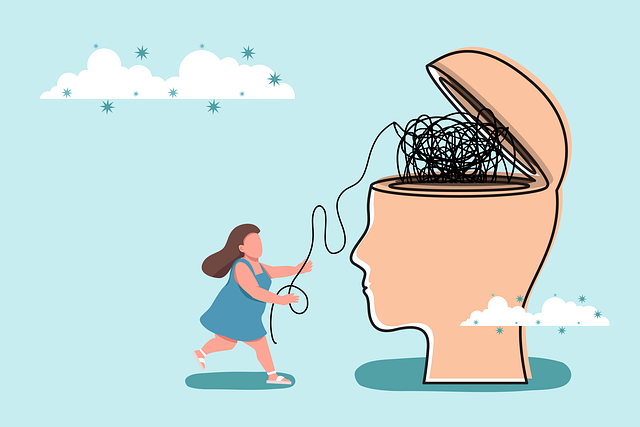Mental health advocacy initiatives, like Lone Tree Conduct Disorder Therapy, are vital in shaping societies that prioritize emotional well-being. These efforts raise awareness about conditions like conduct disorders, promote understanding, and drive policy changes related to mental health. Through community engagement and evidence-based practices, they improve access to care, reduce stigma, and foster open conversations. Lone Tree Conduct Disorder Therapy uses techniques such as cognitive-behavioral therapy and mindfulness meditation to empower individuals with tailored coping strategies, leading to lasting behavioral changes and enhanced mental well-being. Integrated education programs in schools and communities challenge stigma, encouraging early intervention and normalizing discussions around mental health. A holistic approach to mental health advocacy builds resilient communities that support emotional well-being and strengthen social bonds.
Mental health advocacy initiatives play a pivotal role in fostering societal change, especially within underserved communities and among at-risk youth. This article delves into the multifaceted aspects of mental health activism, exploring its impact on vulnerable populations. We present a case study of Lone Tree Conduct Disorder Therapy, demonstrating targeted support strategies. Additionally, we offer effective awareness campaigns to challenge stigma and propose building resilient communities through comprehensive mental wellness programs, emphasizing the interconnectedness of these efforts.
- Understanding Mental Health Advocacy: A Cornerstone for Change
- The Impact of Initiatives on Undeserved Communities and At-Risk Youth
- Lone Tree Conduct Disorder Therapy: A Case Study in Targeted Support
- Effective Strategies for Raising Awareness and Challenging Stigma
- Building Resilient Communities through Comprehensive Mental Wellness Programs
Understanding Mental Health Advocacy: A Cornerstone for Change

Mental health advocacy initiatives are pivotal in fostering a society that prioritizes emotional well-being. These efforts, often led by passionate individuals and organizations, aim to raise awareness about various mental health conditions, such as Lone Tree Conduct Disorder Therapy, and promote understanding. By advocating for improved access to quality care, these initiatives drive policy changes that impact Mental Health Awareness and Emotional Regulation.
Through advocacy, communities can push for better allocation of resources, more comprehensive insurance coverage, and evidence-based practices in mental health treatment. The collective voice of advocates pushes against the stigma associated with mental illness, encouraging open conversations and supportive environments. This not only benefits individuals struggling with their mental health but also contributes to a deeper Mental Health Policy Analysis and Advocacy, ultimately leading to systemic improvements that resonate far beyond any single initiative.
The Impact of Initiatives on Undeserved Communities and At-Risk Youth

Mental health advocacy initiatives play a pivotal role in addressing disparities within underserved communities and supporting at-risk youth. These programs often target areas with limited access to mental wellness services, such as rural or low-income neighborhoods. By implementing evidence-based practices and community engagement strategies, initiatives like Lone Tree Conduct Disorder Therapy aim to improve the overall mental health and resilience of young individuals.
Through Mental Wellness Journaling Exercise Guidance, these programs encourage self-reflection and emotional expression, helping youth develop coping mechanisms. Additionally, Mental Health Policy Analysis and Advocacy ensures that local and national policies prioritize mental wellness coaching programs, fostering a supportive environment for at-risk youth to thrive. This holistic approach, including therapy, education, and policy change, has been shown to reduce risk factors associated with conduct disorders and promote positive development in these vulnerable populations.
Lone Tree Conduct Disorder Therapy: A Case Study in Targeted Support

Lone Tree Conduct Disorder Therapy stands as a beacon of hope for individuals grappling with conduct disorders. This targeted support initiative recognizes that addressing behavioral issues requires a nuanced approach, focusing on the root causes and individual needs. Through a combination of therapeutic techniques, including cognitive-behavioral therapy, mindfulness meditation, and positive thinking exercises, Lone Tree offers a holistic framework for self-esteem improvement.
The program’s success lies in its tailored strategies, designed to empower participants with coping mechanisms that extend beyond mere symptom management. By fostering a sense of self-awareness and encouraging positive thought patterns, Lone Tree Conduct Disorder Therapy facilitates personal growth and empowers individuals to navigate challenges more effectively. This case study highlights the transformative potential of targeted interventions, showcasing how specialized support can pave the way for lasting behavioral changes and improved mental well-being.
Effective Strategies for Raising Awareness and Challenging Stigma

Raising awareness about mental health is a powerful tool to challenge the stigma surrounding various conditions, including conduct disorder. One effective strategy is to integrate mental health education programs design into schools and communities, ensuring that both young people and adults have access to information that dispels myths and encourages early intervention. These programs can promote emotional intelligence, fostering an environment where individuals feel comfortable expressing their feelings and seeking help without fear of judgment.
By organizing community events, workshops, and campaigns focused on mental wellness, it’s possible to create a supportive atmosphere. Encouraging open conversations and sharing personal stories can be transformative, helping to normalize discussions about mental health. This approach, coupled with self-esteem improvement strategies, empowers individuals to take charge of their well-being and seek professional help when needed, such as reaching out to Lone Tree Conduct Disorder Therapy for specialized support.
Building Resilient Communities through Comprehensive Mental Wellness Programs

Building resilient communities requires a holistic approach to mental health advocacy, focusing on comprehensive wellness programs that cater to diverse needs. Lone Tree Conduct Disorder Therapy is an excellent example of how tailored interventions can make a significant impact. These initiatives often involve a combination of evidence-based practices, such as Compassion Cultivation Practices and Mindfulness Meditation, designed to foster resilience among individuals and strengthen community bonds.
By integrating mental wellness coaching programs into community development strategies, we can create environments that support emotional well-being. This includes teaching skills to navigate stress, regulate emotions, and build healthy relationships. Such initiatives not only empower individuals but also enhance social cohesion, ensuring that communities are better equipped to withstand challenges and promote overall mental health and happiness.
Mental health advocacy initiatives, such as Lone Tree Conduct Disorder Therapy, play a pivotal role in fostering resilience within underserved communities and supporting at-risk youth. By addressing systemic issues and challenging stigma, these programs empower individuals to lead healthier, more fulfilling lives. Comprehensive mental wellness programs that incorporate targeted support, awareness raising, and community engagement are essential for creating lasting positive change. Remember that each step towards understanding and advocating for mental health contributes to a stronger, more supportive society.














